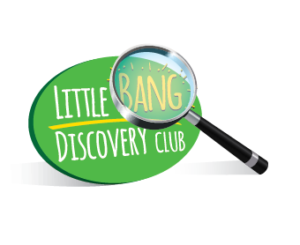 When: Wednesday 14th November, 8:45am – 9:45am
When: Wednesday 14th November, 8:45am – 9:45am
Where: L3, Level 2 to the left of the registration/foyer area, down the hallway and through the doors on the right
Hashtag: #W5
In an era of ‘false news’, a growing mistrust of ‘the expert’ and almost universal access to unfiltered advice from the internet of all things, the need for a science-literate community has never been more important.
The ability to critically assess information starts early and needs to become one of the pillars of education: reading, writing, arithmetic and CRITICAL THINKING.
Science communicators and educators can work smarter to better engage and sustain community understanding of how science works in producing evidence-based knowledge. The resulting democratising of knowledge, and the ability to discern trusted sources, enables better decision making for individuals, and the community as a whole.
This case study involves a series of science engagement initiatives that utilise the exisiting trusted and nationally distributed network of public and school libraries. By working in concert with this ‘third space’ we have a unique opportunity to influence a generation of children, their families and whole community outside the status quo of home, school and the workplace.
The overwhelmingly positive and enthusiastic response from librarians and participating families is evidence of the scalability and sustainability of these low-cost programs, with measurable impact on attitudes and understating of science.
Session
Presenter
Adam Selinger, Executive Director, Children’s Discovery Museum Ltd


















